Search
Remove Ads
Advertisement
Summary 
Loading AI-generated summary based on World History Encyclopedia articles ...
Search Results
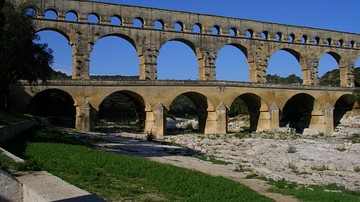
Definition
Aqueduct
Aqueducts transport water from one place to another, achieving a regular and controlled supply to a place that would not otherwise receive sufficient quantities. Consequently, aqueducts met basic needs from antiquity onwards such as the irrigation...
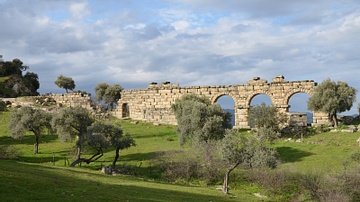
Image
Aqueduct of Alinda
The 45 meter section of the Roman aqueduct of Alinda with 4 remaining arches.

Image
Aqueduct of Jezzar Pasha
A portion of an Ottoman-Period Palestinian aqueduct constructed during the reign of Jezzar Pasha, Ottoman ruler of Acre (1775–1804 CE). The aqueduct runs from Tel Kabri to Acre in Northern Israel and functioned all the way up to 1948 CE...
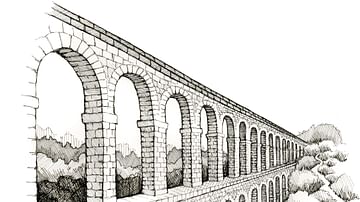
Image
Aqueduct (From the Novel "The Jericho River")
An illustration by Maia Kobabe showing an aqueduct.
From the novel The Jericho River by David Tollen.
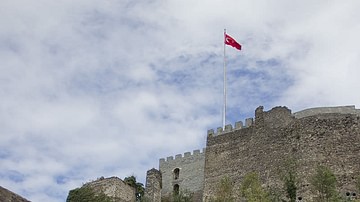
Image
Aqueduct & Fortifications of Trebizond
The aqueduct and fortifications of ancient Trebizond (Trapezus), modern Trabzon, Turkey. 13th century CE.
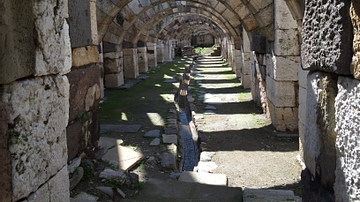
Image
Aqueduct, Agora of New Smyrna
The present structures in New Smyrna's agora date from after 178 CE when an earthquake destroyed the earlier agora. This was not mainly a commercial agora, but rather functioned for stately matters. This lower level had many different functions...

Image
The Roman Aqueduct of Pont du Gard
The Pont du Gard is an aqueduct in the South of France constructed by the Roman Empire, and located in Vers-Pont-du-Gard near Remoulins, in the Gard département. It has long been thought that the Pont du Gard was built by Augustus' son-in-law...
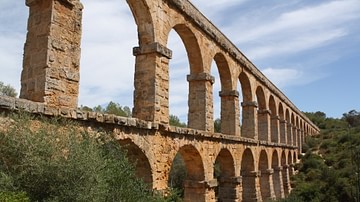
Image
Pont del Diable Aqueduct, Tarraco
The Pont del Diable aqueduct, Tarraco (Tarragona), Spain. Also known as the Ferreres Bridge, it was built in the 1st century CE it is 217 m long and 27 m high.
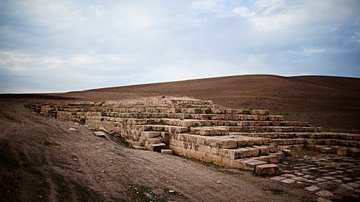
Image
Jerwan Aqueduct
These are the remains of the oldest known aqueduct in the world. The Jerwan Aqueduct was constructed by king Sennacherib I of Assyria between 703 and 690 BCE. It represents a great feat of Assyrian engineering. The aqueduct was transporting...
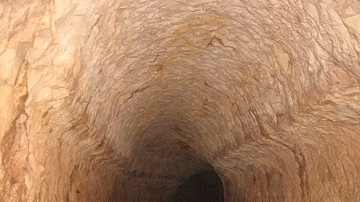
Image
Gadhara Aqueduct, Jordan
The Roman-built Gadhara aqueduct, Jordan. 2nd century CE.